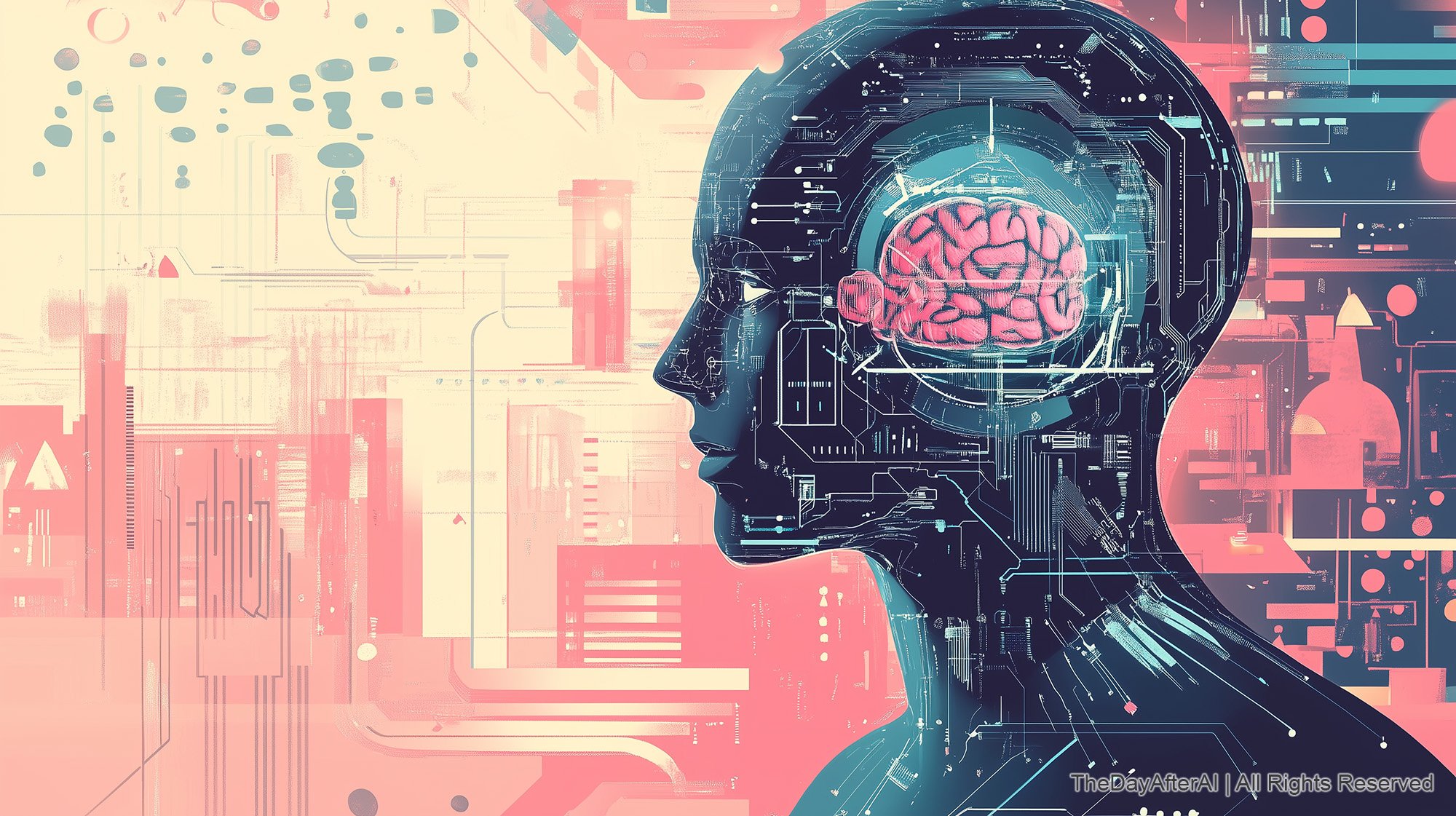Defining AI: What Is Intelligence and Are Robots Truly Intelligent?
Image Credit: Jacky Lee
Artificial Intelligence is one of the most transformative technological advancements of our time, but defining it can be surprisingly complex. To fully grasp what AI entails, we must first understand the concepts of intelligence—both human and artificial—and the ways they compare and contrast.
[Read More: Top 10 AI Terms of 2024: Key Innovations Shaping Artificial Intelligence]
What is Intelligence?
Intelligence is generally understood as the ability to acquire and apply knowledge and skills to solve problems, adapt to new environments, and make decisions. For humans, intelligence encompasses a range of capabilities, including reasoning, learning, creativity, and emotional understanding. It is not limited to logical thinking but also involves intuition and adaptability.
In essence, intelligence is both the process of understanding the world and the ability to act effectively within it.
[Read More: Do You Really Know What AI is?]
What is Artificial Intelligence?
Artificial Intelligence, at its core, refers to the simulation of human intelligence in machines that are programmed to think, learn, and adapt. AI systems are designed to perform tasks traditionally requiring human intelligence, such as recognizing speech, analyzing data, and making decisions. However, AI’s intelligence is fundamentally different from human intelligence. It operates based on data, algorithms, and predefined instructions rather than experience and intuition.
AI can be broadly categorized into two types:
Narrow AI: Systems designed to perform specific tasks, such as playing chess, analyzing medical images, or driving cars.
General AI: A theoretical form of AI capable of performing any intellectual task a human can do.
Most of today’s AI falls under the narrow category, excelling in specific domains but lacking the broader understanding and adaptability of human intelligence.
[Read More: AI is Already Out? AGI Will Be on the Stage!]
Human Intelligence vs. Artificial Intelligence
The differences between human and artificial intelligence are profound:
Adaptability: Humans can transfer knowledge and skills across diverse situations, while AI typically excels in narrowly defined tasks.
Understanding: Human intelligence is influenced by emotions, social interactions, and context, which AI currently lacks.
Learning: Humans learn from experience and can make sense of incomplete or ambiguous information. AI relies on structured data and training to learn patterns and behaviours.
[Read More: OpenAI Unveils o3: Pioneering Reasoning Models Edge Closer to AGI]
The Paradox of Easy and Difficult Tasks
Interestingly, tasks that humans consider simple can be incredibly challenging for robots, while tasks humans find difficult can be relatively straightforward for machines. This paradox highlights the differences in how humans and machines perceive and process challenges.
What is Easy for Humans is Hard for Robots: Actions like lifting a bottle of water require motor skills, sensory feedback, and contextual awareness. While these are natural for humans, they demand complex programming and precise engineering in robots.
What is Hard for Humans is Easy for Robots: Conversely, tasks like playing chess or solving mathematical equations can be easily handled by robots. These activities operate within fixed rules and predictable parameters, making them well-suited to the algorithmic strengths of AI.
[Read More: AlphaProof: DeepMind's AI Achieves Breakthrough in Solving Complex Math Problems]
Does Mastery of Tasks Equal Intelligence?
Just because a machine can perform a task does not necessarily mean it is intelligent. Winning a chess game or recognizing an image showcases proficiency in a specific domain but does not equate to the broader, nuanced understanding associated with human intelligence. Machines follow predefined rules and leverage vast amounts of data to achieve their results; they do not "understand" the way humans do.
The distinction between performing tasks and true intelligence remains a critical discussion in AI development. True intelligence, whether human or artificial, involves not only solving problems but also understanding them, applying creativity, and adapting to unforeseen challenges.
[Read More: The Next Leap in AI Reasoning: How Reinforcement Learning Powers OpenAI's o1 Model]
Conclusion
The definition of AI ultimately reflects our understanding of intelligence itself. While AI can mimic certain aspects of human intelligence and outperform humans in specific tasks, it is not synonymous with human cognition. The journey toward creating truly intelligent machines continues to raise questions about the nature of intelligence and how it can be replicated—or even if it should be.
By exploring these contrasts, we gain a deeper appreciation of what makes humans unique and what defines intelligence in both natural and artificial forms. The interplay between human and artificial intelligence holds immense potential but also requires us to carefully consider its implications for society and our understanding of ourselves.
[Read More: Superintelligence: Is Humanity's Future Shaped by AI Risks and Ambitions?]












